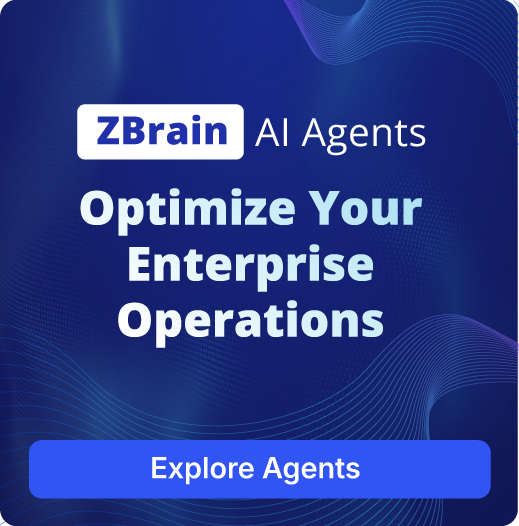Enhance Your Knowledge Management with ZBrain AI Agents for Knowledge Base Update
ZBrain AI Agents for Knowledge Base Updates streamline the management of information across various sectors, ensuring that your organization’s knowledge repository is both accurate and up-to-date. These AI agents excel at automating content curation, data integration, information retrieval, and version control tasks. By providing precise and timely updates, ZBrain AI agents significantly enhance the usability of your knowledge base, enabling team members to access the information they need without delay. Through their robust capabilities, these AI agents improve the accuracy and accessibility of data, allowing your workforce to make informed decisions swiftly. The adaptability of ZBrain AI Agents for Knowledge Base Update empowers them to handle a wide array of knowledge management tasks efficiently. Capable of data normalization, taxonomy management, and metadata tagging, these agents ensure that information is not only relevant but also easy to locate and comprehend. Additionally, they facilitate seamless collaboration by synchronizing changes across platforms, fostering an environment where all contributors are aligned with the latest updates. As a result, organizations are better equipped to leverage their collective knowledge, driving innovation and productivity across departments.


 Live
Live